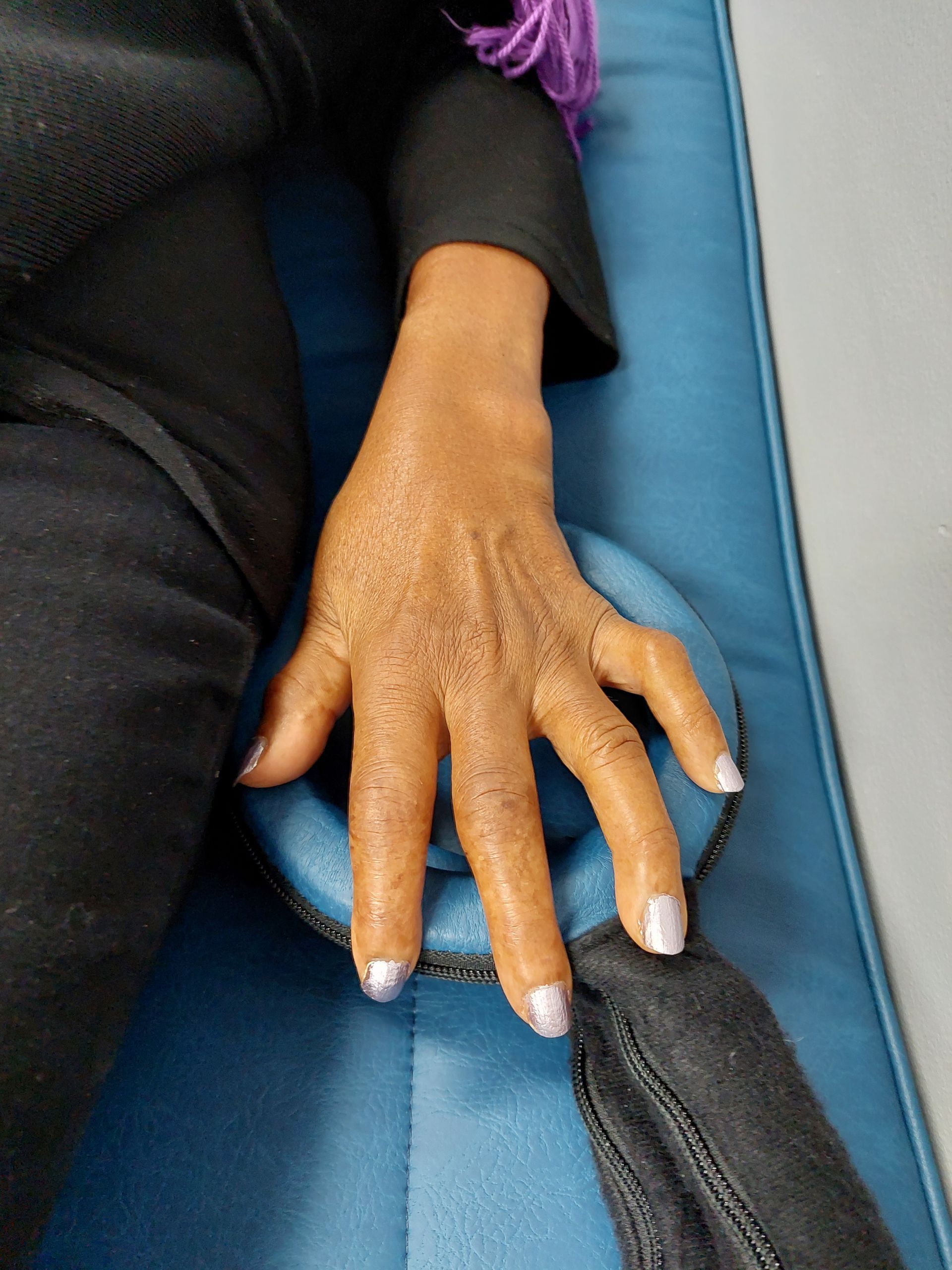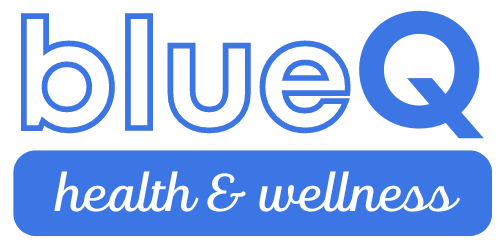How NRT Can Help Reduce Alzheimer’s Disease
Alzheimer's disease is a debilitating condition that affects millions of people worldwide. It's a progressive disorder that can have a profound impact on your ability to function and live your life. The good news is that there are ways to reduce the risk of developing Alzheimer's disease or slow down its progression if you already have it. One of these ways is through Nutritional Response Testing (NRT). In this blog post, we'll explore how NRT can help reduce Alzheimer's disease and improve your quality of life.
What is Alzheimer's Disease?
Alzheimer's disease is a neurodegenerative disorder that affects the brain's ability to function properly. It's characterized by a gradual decline in memory, thinking, and reasoning skills. People with Alzheimer's disease may have difficulty with daily tasks, such as dressing themselves or making decisions. As the disease progresses, it can become increasingly challenging to communicate, recognize family members, and even control bodily functions.
The Role of Nutrition in Alzheimer's Disease
Research has shown that nutrition plays a critical role in the development and progression of Alzheimer's disease. Certain nutrients, such as omega-3 fatty acids, antioxidants, and B vitamins, have been shown to have neuroprotective effects that can help reduce the risk of developing Alzheimer's disease or slow its progression.
How NRT Can Help Reduce Alzheimer's Disease
Nutritional Response Testing (NRT) is a non-invasive and holistic approach to healthcare that aims to identify and address the underlying causes of health problems. NRT practitioners use a combination of muscle testing and other diagnostic tools to assess a patient's nutritional status and identify any imbalances or deficiencies that may be contributing to their symptoms. By identifying and correcting these imbalances, NRT can help support the body's natural healing processes and promote overall health and well-being.
While there is no cure for Alzheimer's disease, research has shown that certain nutrients and lifestyle factors may help slow its progression and improve quality of life for those affected.
NRT may be a useful tool in addressing Alzheimer's disease and its associated symptoms. By identifying and addressing any nutritional deficiencies or imbalances that may be contributing to the disease, NRT may help support brain health and cognitive function. Some specific ways in which NRT may help with Alzheimer's disease are discussed below.
Identifying and addressing nutrient deficiencies: Nutrient deficiencies, such as deficiencies in vitamin B12, folate, and omega-3 fatty acids, have been linked to an increased risk of Alzheimer's disease. NRT can help identify any nutrient deficiencies that may be contributing to the disease and help develop a personalized nutritional plan to address these deficiencies.
Supporting mitochondrial function: Mitochondrial dysfunction has been implicated in the development of Alzheimer's disease. NRT can help identify any imbalances in the body that may be contributing to mitochondrial dysfunction, such as oxidative stress or inflammation, and develop a plan to address these imbalances.
Reducing inflammation: Chronic inflammation is believed to play a role in the development and progression of Alzheimer's disease. NRT can help identify any sources of inflammation in the body, such as food sensitivities or chronic infections, and develop a plan to reduce inflammation and support overall health.
Supporting detoxification: Toxic exposures, such as exposure to heavy metals or environmental toxins, have been linked to an increased risk of Alzheimer's disease. NRT can help identify any sources of toxicity in the body and develop a plan to support detoxification and reduce the body's toxic burden.
While NRT may be a useful tool in addressing Alzheimer's disease, it is important to note that it should not be used as a substitute for conventional medical treatment. Anyone with Alzheimer's disease should work closely with their healthcare provider to develop a comprehensive treatment plan that addresses all aspects of their health.
Book an Appointment Today
If you or someone you know is suffering from Alzheimer's disease, NRT may be able to help. At Blue Q Health and Wellness, we offer NRT and personalized nutritional counseling to help reduce the risk of developing Alzheimer's disease or slow down its progression. Call us today at 727-530-7778 to book an appointment with Dr. Gayle Peltz and start your journey to better health and well-being.
References:
- Brewer GJ. The essential role of zinc in Alzheimer's disease. J Alzheimers Dis. 2013;33(3):541-54. doi: 10.3233/JAD-2012-121189. PMID: 22936057.
- Cole GM, Ma QL, Frautschy SA. Omega-3 fatty acids and dementia. Prostaglandins Leukot Essent Fatty Acids. 2009 Aug-Sep;81(2-3):213-21. doi: 10.1016/j.plefa.2009.05.015. Epub 2009 Jun 20. PMID: 19540763; PMCID: PMC2772953.
- Cole GM, Ma QL, Frautschy SA. Omega-3 fatty acids and dementia. Prostaglandins Leukot Essent Fatty Acids. 2009 Aug-Sep;81(2-3):213-21. doi: 10.1016/j.plefa.2009.05.015. Epub 2009 Jun 20. PMID: 19540763; PMCID: PMC2772953.
- Cole GM, Ma QL, Frautschy SA. Omega-3 fatty acids and dementia. Prostaglandins Leukot Essent Fatty Acids. 2009 Aug-Sep;81(2-3):213-21. doi: 10.1016/j.plefa.2009.05.015. Epub 2009 Jun 20. PMID: 19540763; PMCID: PMC2772953.
- Bredesen, D. E. (2014). Reversal of cognitive decline: A novel therapeutic program. Aging, 6(9), 707-717. doi: 10.18632/aging.100690
- Dale, B., Brautigam, M., Hunter, B., & Shepard, K. (2016). A nutritional protocol to improve brain function: pilot study demonstrates subjective memory improvement and increase in gray matter in two dementia patients. Journal of nutrition and metabolism, 2016. doi: 10.1155/2016/5489051
- Kanchanatawan, B., Thika, S., Sirivichayakul, S., Carvalho, A. F., Geffard, M., & Maes, M. (2018). Immune-inflammatory, oxidative and nitrosative stress, and mitochondrial dysfunction cascade over the course of Alzheimer's disease. Journal of translational medicine, 16(1), 1-12. doi: 10.1186/s12967-018-1413-8
- Morris, M. C., Tangney, C. C., Wang, Y., Sacks, F. M., Barnes, L. L., & Bennett, D. A. (2015). MIND diet associated with reduced incidence of Alzheimer's disease. Alzheimer's & dementia, 11(9), 1007-1014. doi: 10.1016/j.jalz.2014.11.009










Contact
Address:
2480 E Bay Dr STE 13
Largo, FL 33771
Email: blueqhealth@gmail.com
Phone: 727-530-7778
Fax: 727-530-7797
All Rights Reserved | BlueQ Health and Wellness
